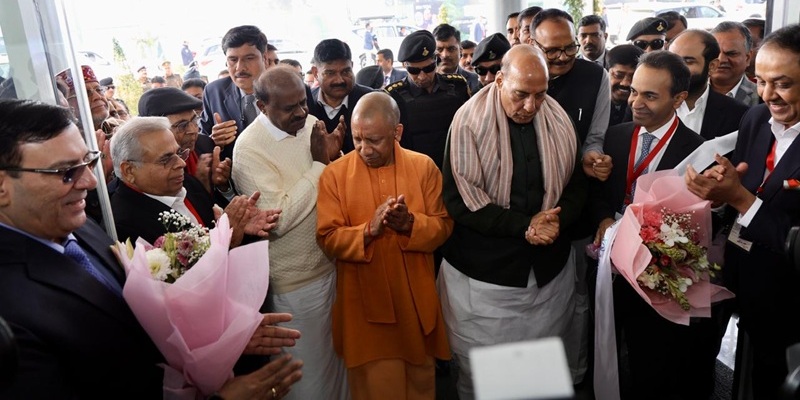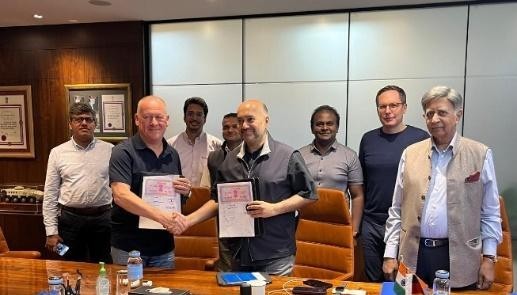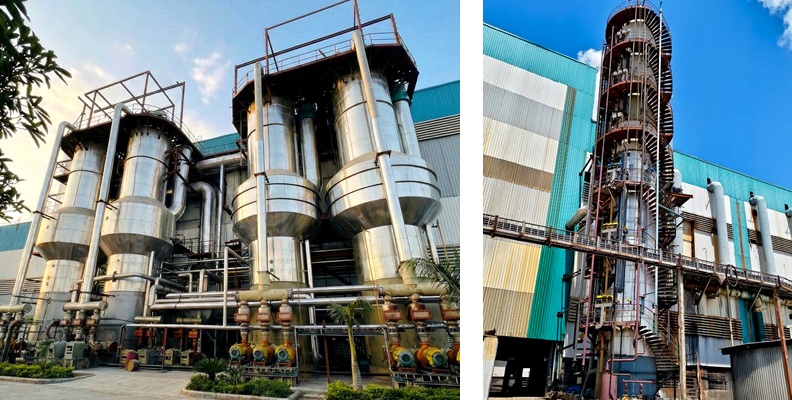Schedule a Call Back
Indian food processing equipment industry is still import dependent
 Articles
Articles- Sep 16,19
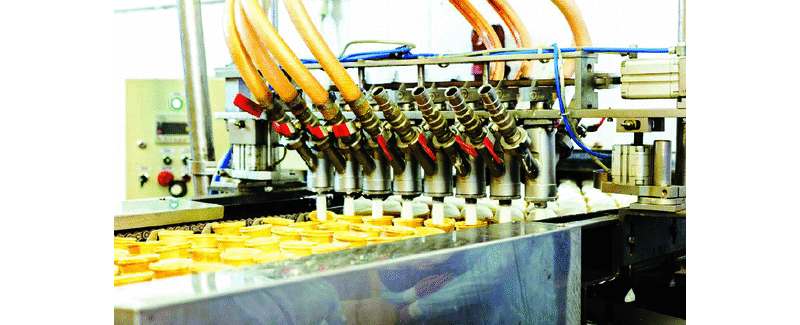
Related Stories
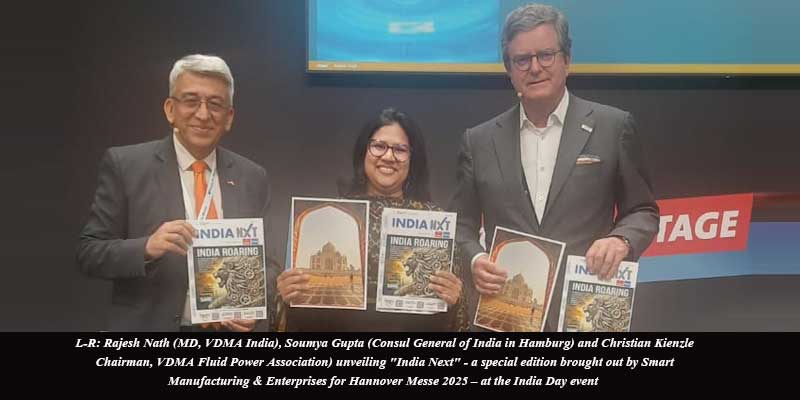
India makes a mark at Hannover Messe 2025
Presence of more than 80 Indian exhibitors at Hannover Messe 2025 - one of the world's leading industrial trades - reflected the country's growing influence in the global manufacturing landscape. By..
Read more
India and Germany share a strong commitment to sustainability: Rajesh Nath
In this interview with Rakesh Rao, Rajesh Nath, MD, VDMA India, sheds light on the dynamics of India-Germany trade relationship.
Read more
Bridging borders: Indo-German partnership
The optimism expressed by the panellists suggests that Indo-German collaboration is not only beneficial for both countries but also sets a powerful example for global partnerships.
Read moreRelated Products
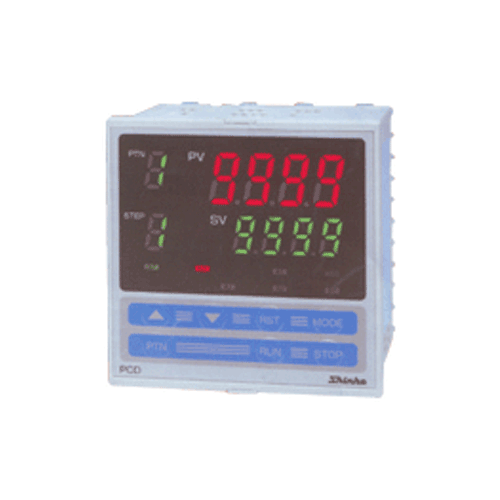
Programmable Controllers - Pcd-33a Series
Pro-Med Instruments (P) Ltd offers a wide range of programmable controllers - PCD-33A Series.
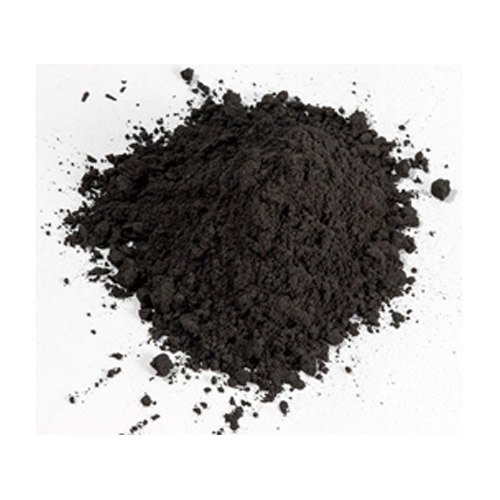
Gasket Graphite Powder
Arihant Packing & Gasket Company offers a wide range of gasket graphite powder.
Asahi Kasei expands 3D printing filament sales in North America
Asahi Kasei, a leading resin and compounding technology provider, has initiated the sales of 3D printing (3DP) filaments in North America through Asahi Kasei Plastics North America (APNA). The soft la Read more





